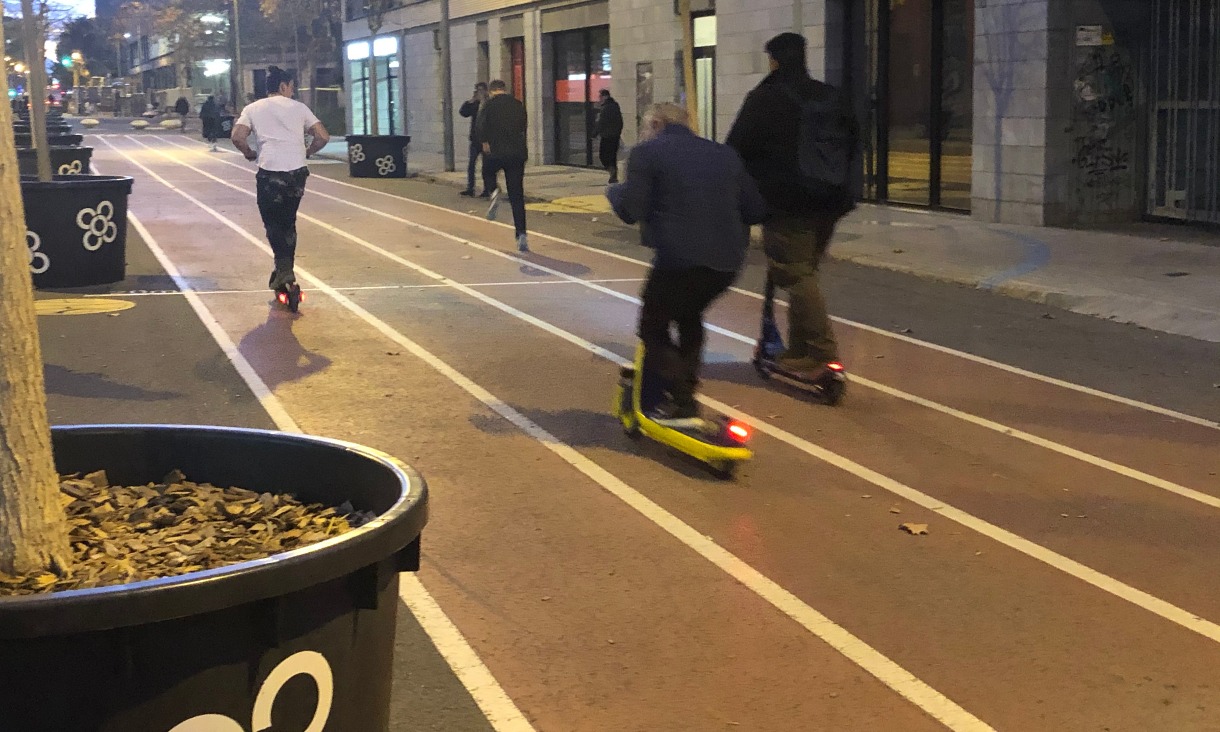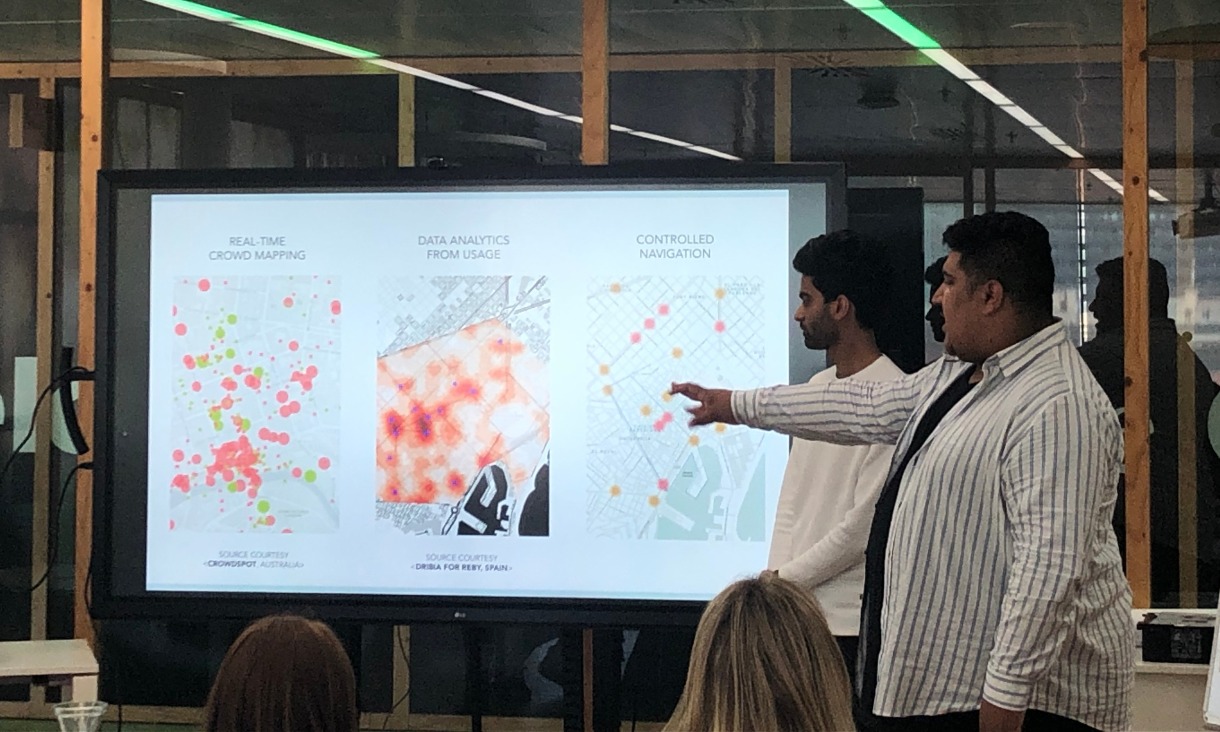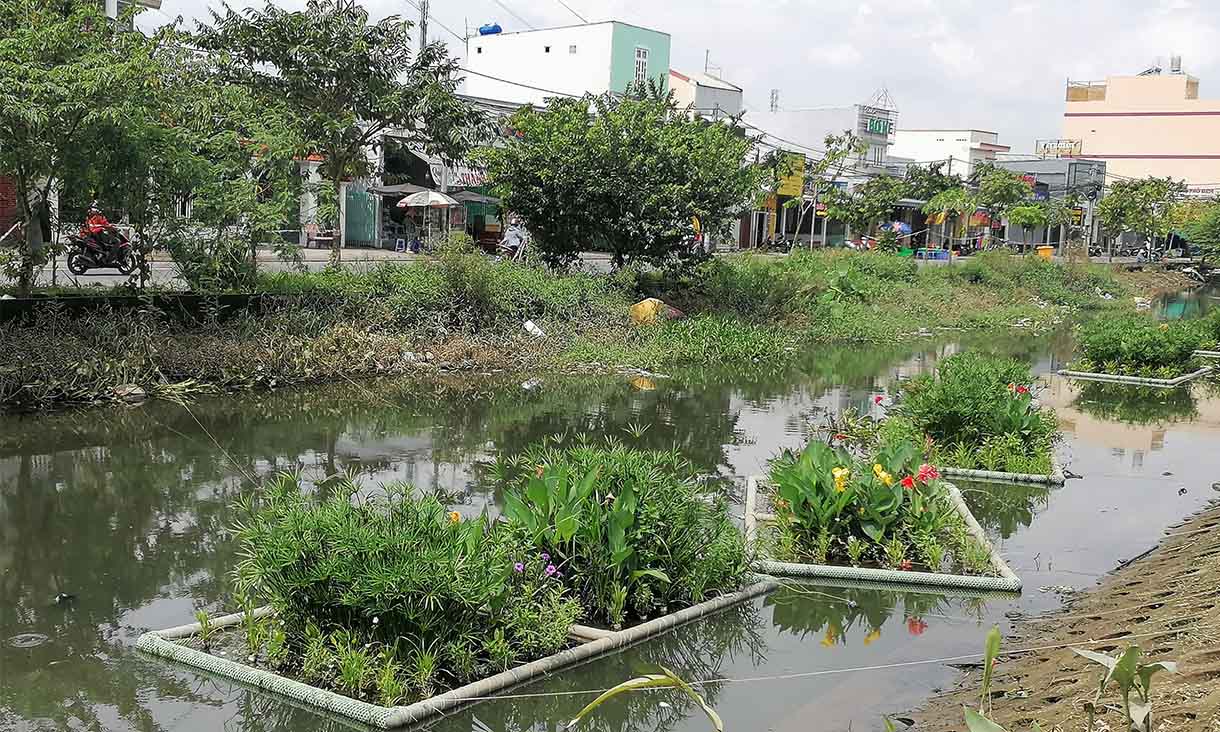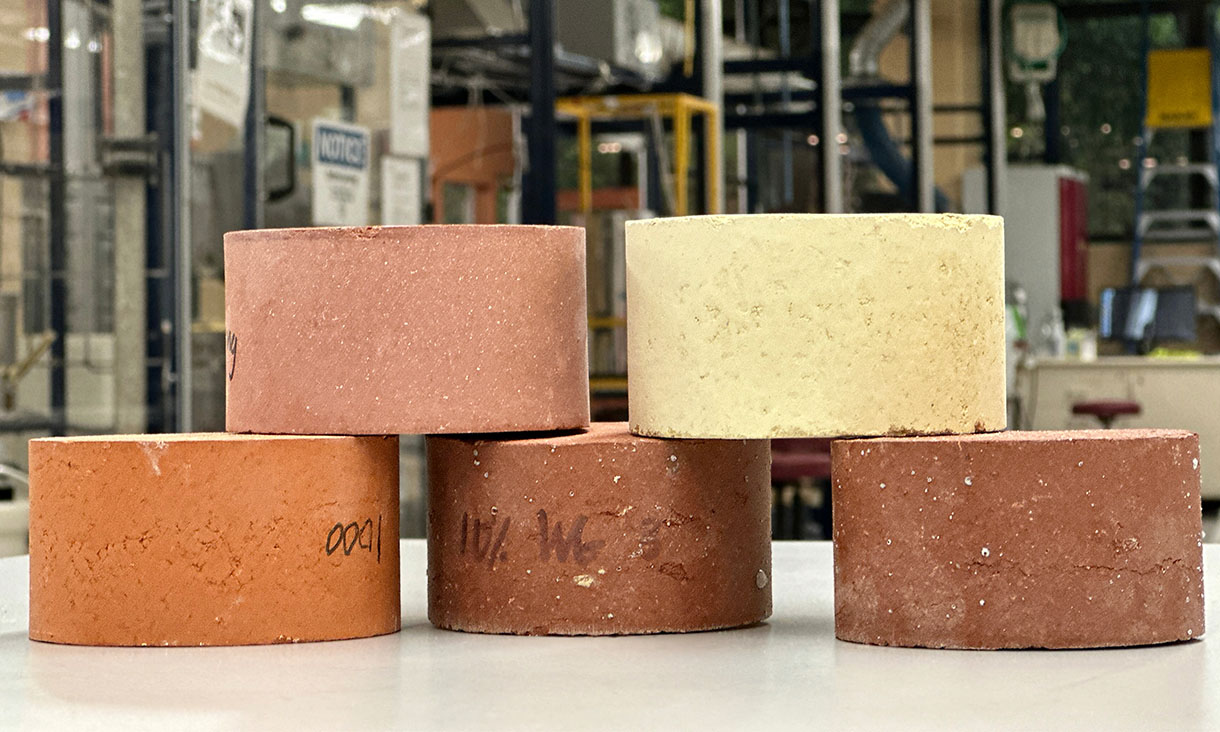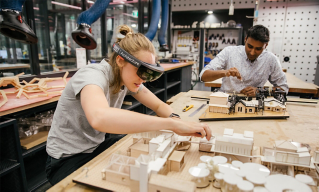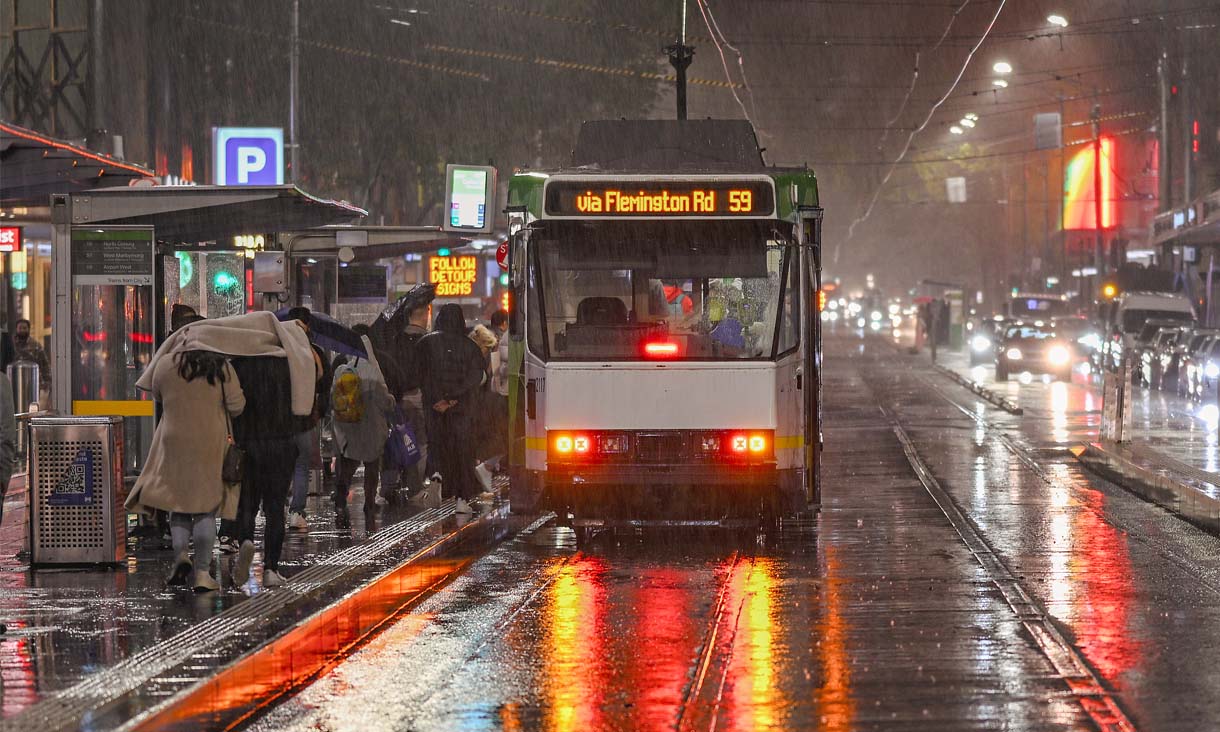Turning to nature to improve vital water treatment
RMIT has led an international team exploring nature-based water treatment solutions in urban areas in Vietnam, Sri Lanka and the Philippines.
Energy-smart bricks keep waste out of landfill
Engineers have invented energy-efficient bricks with scrap materials, including glass, that are normally destined for landfill.
Key design and creative subjects ranked #1 in Australia, top 20 in the world
RMIT has secured its position as the nation’s leading institution for design and creative fields, with Architecture / Built Environment and Art & Design both ranked #1 in Australia and in the top 20 globally in the latest QS World University Rankings by Subject.
Melbourne public transport services sit idle while apartment numbers boom
New research shows the number of apartments in Melbourne has almost doubled in the past two decades, while public transport services have barely increased at all.
